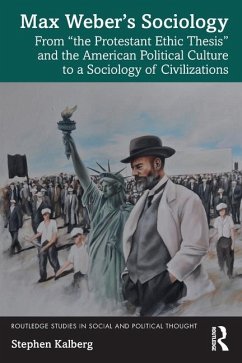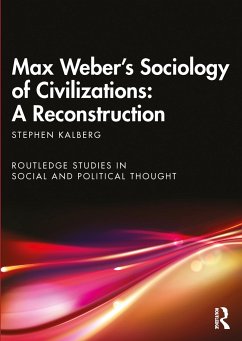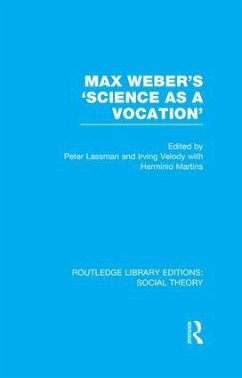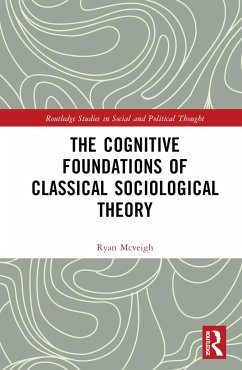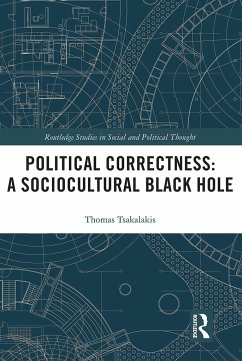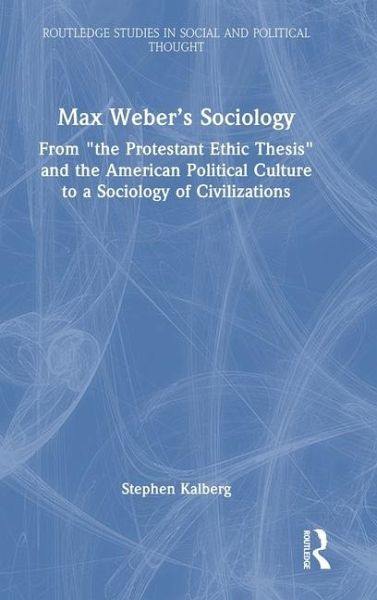
Max Weber's Sociology
From "the Protestant Ethic Thesis" and the American Political Culture to a Sociology of Civilizations
Versandkostenfrei!
Versandfertig in 6-10 Tagen
154,99 €
inkl. MwSt.

PAYBACK Punkte
77 °P sammeln!
This volume outlines Max Weber's comparative-historical sociology of "interpretive understanding" (verstehen) in a manner that clarifies his complex mode of analysis and multi-causal focus. Presenting the central features of his methodology, it demonstrates the strengths of his research strategies through discussions of his major works and overarching concerns. Among other themes, this study addresses the origins of the American political culture, the longevity of its civic sphere, and the multiple causes behind the unique historical pathways followed by several civilizations. Indeed, through ...
This volume outlines Max Weber's comparative-historical sociology of "interpretive understanding" (verstehen) in a manner that clarifies his complex mode of analysis and multi-causal focus. Presenting the central features of his methodology, it demonstrates the strengths of his research strategies through discussions of his major works and overarching concerns. Among other themes, this study addresses the origins of the American political culture, the longevity of its civic sphere, and the multiple causes behind the unique historical pathways followed by several civilizations. Indeed, through summaries of Weber's procedures and their application in his own empirical studies, Max Weber's Sociology sustains a simultaneous orientation to his "big picture" themes and his rigorous manner of analysis. It demonstrates in so doing the capacity of Weber's sociology to ground firmly both "ideal-type" theorizing and empirically oriented investigations. This volume will appeal to scholars throughout the social sciences with interests in the American civic sphere, the West's uniqueness, "the Protestant ethic thesis," the multiple ways that civilizations develop, and the diverse twists and turns of Weber's comparative-historical sociology.





